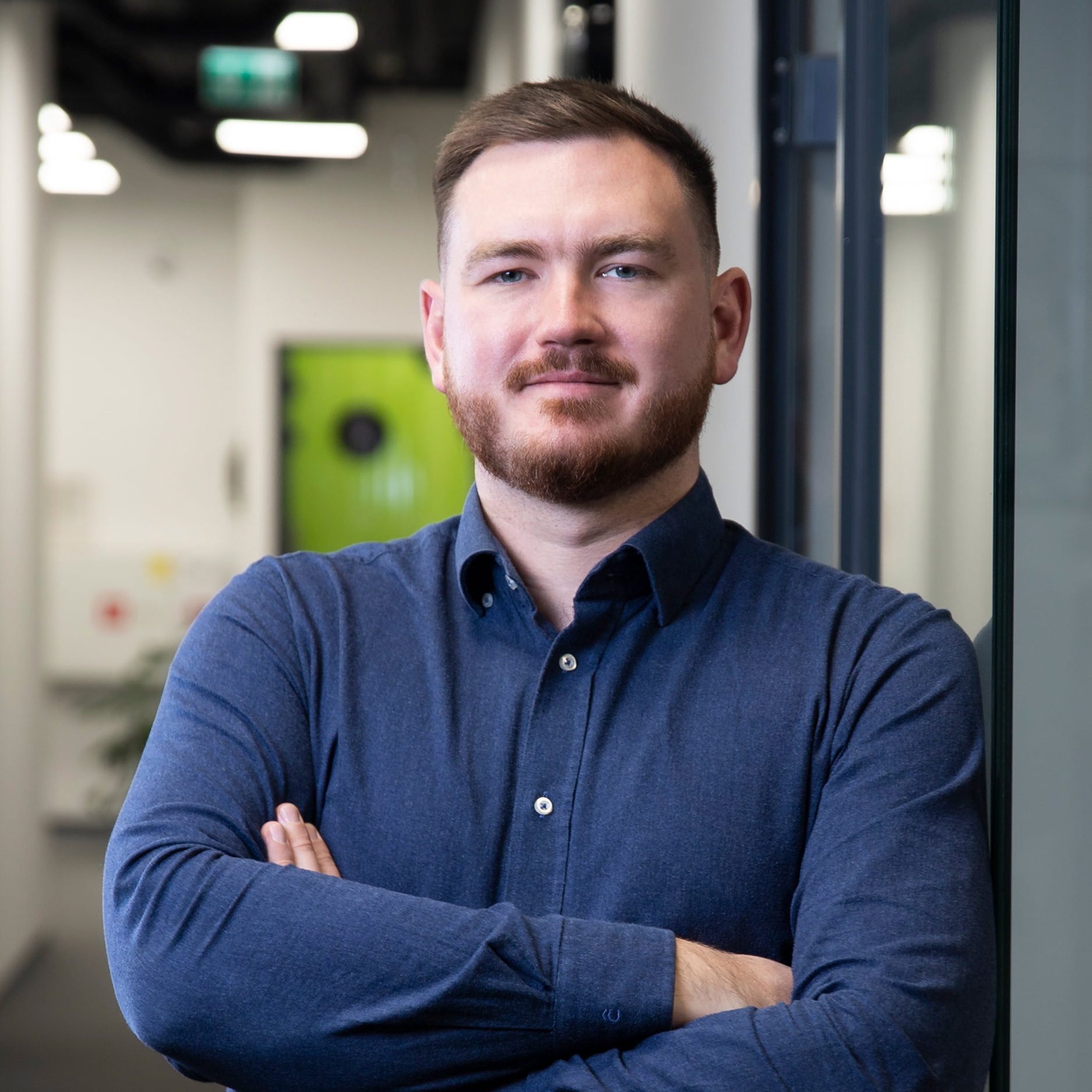What is fintech software development?
Fintech software development is the process of creating custom software solutions for the financial technology industry, encompassing applications for banking, payments, investments, lending, insurance, and regulatory compliance.
What types of fintech apps can Netguru develop?
Netguru develops a wide range of fintech applications, including mobile banking apps, digital wallets, investment platforms, P2P lending platforms, payment gateways, InsurTech apps, RegTech solutions, personal finance apps, DeFi applications, and more.
How much does it cost to develop a fintech app?
The cost of fintech app development varies significantly based on factors such as app complexity, features, platform (iOS, Android, web) and integrations. Contact us for a personalized cost estimation.
How long does it take to develop a fintech app?
Why partner with Netguru for your fintech app?
Netguru is more than just a development company; we are your strategic partner in fintech innovation. With over 15 years of experience, a team of over 500 experts, and a portfolio of over 2500 successful projects, we bring unparalleled expertise to your fintech app development journey. Our seasoned mobile developers are proficient in the latest fintech trends and technologies, enabling us to deliver innovative, secure, and trustworthy solutions tailored to your specific business needs. We are committed to building cutting-edge fintech solutions that propel your business forward.






